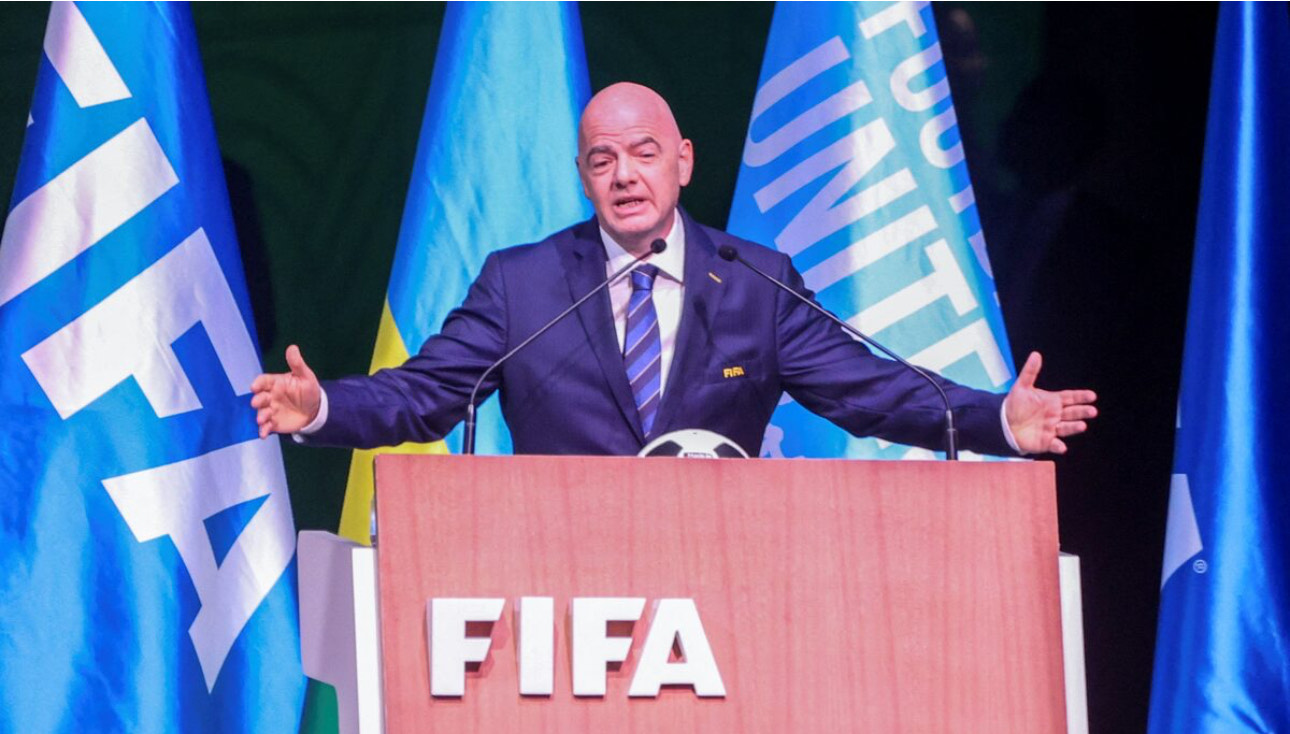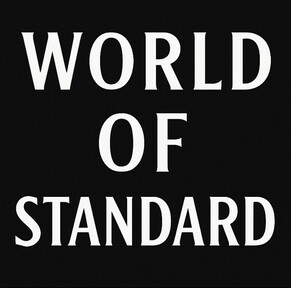FIFA saves the Swiss economy
08.08.2025Written by Miloš Stevanović
Stalemate in negotiations and a tariff blow
Switzerland is facing an unexpected economic blow from the United States – a 39% tariff on its products, the highest tariff Washington has imposed on any European country. This drastic measure came amid renewed escalation of global trade tensions, where Donald Trump’s administration suddenly raised the tariff rate for Switzerland from 31% to 39%. This punitive tariff, affecting Swiss exports ranging from pharmaceuticals to watches, has caused shock in the Alpine country. The stakes are high: the US is one of the largest markets for Swiss products, with about 64 billion dollars’ worth of goods imported by Americans annually. Swiss companies and workers fear that such high tariffs will seriously undermine their competitiveness and jobs.
Trade negotiations between Bern and Washington have come to a standstill. An official diplomatic offensive – an urgent visit to Washington by Swiss President Karin Keller-Sutter and Minister of Economy Guy Parmelin – failed to produce a compromise. The delegation returned home empty-handed after meeting with US Secretary of State Marco Rubio, failing to secure a meeting with President Trump or his top trade negotiators. According to sources, the Swiss offered a compromise tariff of 10%, but American negotiators flatly rejected it, while Trump, known for his hardline stance, reportedly dismissed the proposal by saying that the Swiss side “didn’t want to listen.” The talks have therefore failed, and time is running out – the 39% tariff is set to take effect and threatens to seriously shake the Swiss economy.
A sports diplomat as a mediator
In such a tense situation, Switzerland’s political leadership is turning to an unconventional solution. Believe it or not, the savior could come from the world of sports: Gianni Infantino, president of FIFA. Infantino, a Swiss citizen and the global face of football, has built a close relationship with Donald Trump in recent years. That personal connection is now seen as a potential “vent” for opening diplomatic doors to the White House, bypassing the usual protocol channels that have failed.
That the idea is not mere speculation is shown by the fact that Infantino has been seen several times this year in the company of President Trump – from official visits to Mar-a-Lago and the White House to informal meetings at Trump Tower in New York, where FIFA recently opened its office. The culmination of their public cooperation was recorded last month at the closing ceremony of the FIFA Club World Cup in New Jersey, where Trump and Infantino stood together on stage under the lights of the global media. It is no secret that Trump values Infantino – the American leader has publicly called him “his friend” and “an excellent guy.” It is precisely this unprecedented friendly relationship between a head of state and the head of the world football federation that Swiss officials are now trying to use for a higher goal.
Appeal from Swiss politicians
The Swiss political elite is openly calling on Infantino to step in and defend the country’s economic interests. Roland Rino Büchel, a member of the National Council from the Swiss People’s Party (SVP), is one of the loudest advocates of this unusual diplomacy. “It’s time to immediately involve Gianni Infantino to help open doors in Washington,” Büchel said, emphasizing that Infantino might be the only person who can secure a meeting with Trump at this moment. Büchel, who personally knows both Infantino and Parmelin, suggests that the Swiss economy minister only needs to pick up the phone: “If Guy Parmelin were to call Infantino and ask for help, I’m convinced he would agree to help.”
Büchel is not alone. According to the Financial Times, several members of the Council of States (the upper house of parliament) and experienced diplomats also support the initiative to “call Infantino off the bench” and involve him in resolving the trade dispute. Even former Swiss ambassador Thomas Borer publicly stated that the idea of engaging the FIFA president “is not wrong at all” in such a crisis. Clearly, a consensus is growing in Bern that, in extraordinary circumstances, it is worth trying unconventional methods. After the failure of standard diplomatic channels, turning to “sports diplomacy” is no longer a taboo but a real option being discussed at the highest level.
Why Infantino? Aside from being a local (born in the canton of Valais) who understands Swiss interests, Infantino is a globally influential actor. As president of FIFA, he maintains ties with dozens of world leaders and paves the way for organizing major competitions like the World Cup. Swiss politicians are counting on the fact that such a profile and personal friendship with Trump could help Bern’s message break through to the Oval Office – something that has not succeeded through traditional means. Infantino’s mediation, of course, does not guarantee success, but in the eyes of the Swiss public, which fears for thousands of jobs, any glimmer of hope is welcome.
Sports diplomacy and global relations
This case highlights how sports diplomacy can emerge as an unexpected tool in resolving global economic disputes. The world of sports and high politics have long intertwined behind the scenes – from the legendary “ping-pong” diplomacy between the US and China, to the fact that presidents gladly sit in VIP boxes at World Cup finals next to FIFA executives. However, it is rare for sports officials to be invited to directly mediate in trade negotiations. Infantino thus finds himself in a unique position: as an unofficial ambassador who, instead of a football, could now pass the ball to the political field and enable a new channel of communication between the two governments.
Critics might question whether involving a sports official trivializes the seriousness of state negotiations. But the Swiss case shows that in an era of unpredictable geopolitical relations, unconventional actors can play a significant role. FIFA, thanks to football’s global popularity, has built a specific network of influence – its president meets with kings, prime ministers, and presidents more often than many heads of smaller states. It is precisely this network of global relations that is now being tested on a very concrete task: saving the Swiss economy from a trade war. If Infantino manages to even soften Trump’s stance or mediate in renewing dialogue, it will become a precedent for how sport and politics can intertwine for the benefit of the economy.
Lessons for smaller countries
The outcome of this story will be closely followed not only in Switzerland but around the world. For many smaller countries like Bosnia and Herzegovina, which lack the weight of economic powerhouses, this example carries an important lesson. Creative diplomacy and international alliances can be crucial in protecting national interests. In a world where great powers readily use trade levers to apply pressure, small states must use every advantage they have – be it sports connections, diaspora, businesspeople, or global organizations.
Institutions and companies with international sports and diplomatic ties, such as StandardPrva, represent key tools in such efforts. They can serve as platforms for connecting domestic leaders with influential figures on the world stage. Ultimately, the involvement of non-standard actors in diplomacy should not be viewed as a curiosity, but as a pragmatic move. If FIFA’s president can help Switzerland ease a trade dispute with the US, then other countries – even small ones like Bosnia and Herzegovina – should be ready to protect their economic interests on the global stage through professional channels and alliances outside the framework of traditional diplomacy.
/ / /
"Standard Prva" LLC Bijeljina is a company registered in Bijeljina at the District Commercial Court in Bijeljina. Company’s activities are accountancy, repurchases of receivables, angel investing and other related services. Distressed debt is a part of the Group within which the company repurchases the receivables, which function and are not returned regularly.
Lawyer’s Office Stevanović is the leading lawyer’s office in the region with the seat in Bijeljina. The LO abbreviation represents Lawyer’s Office of Vesna Stevanović and Lawyer’s Office of Miloš Stevanović.
Contact for media press@advokati-stevanovic.com or via telephone 00 387 55 230 000 or 00387 55 22 4444.




